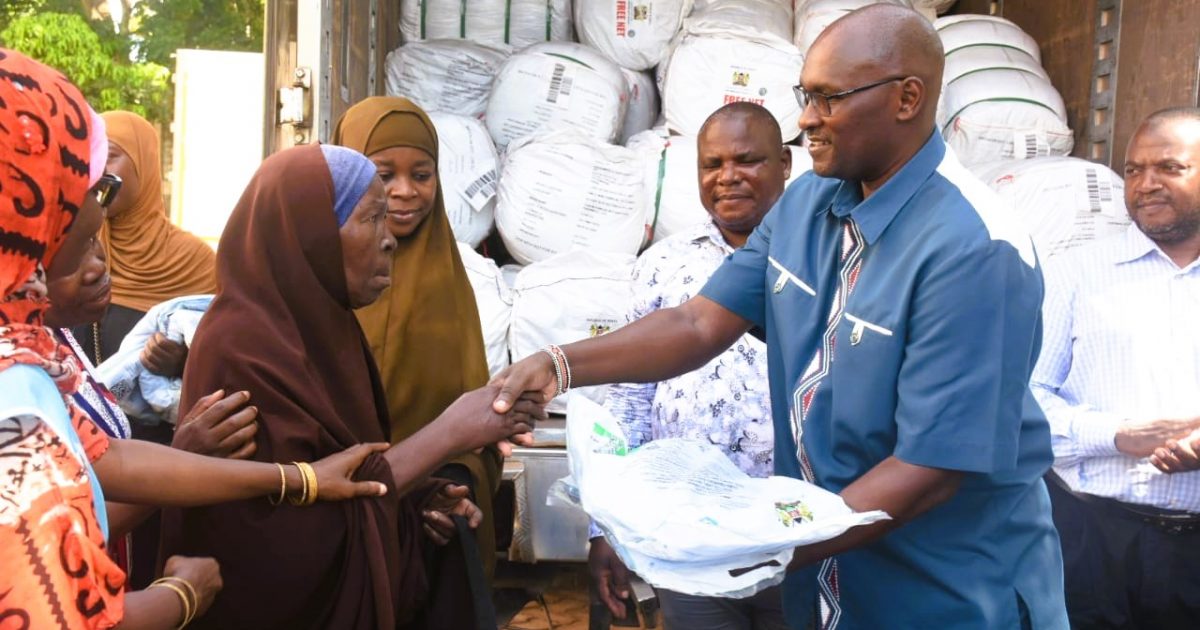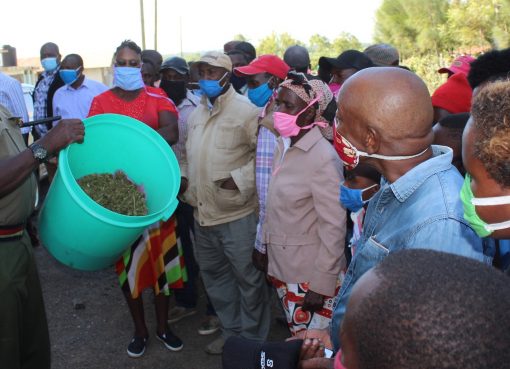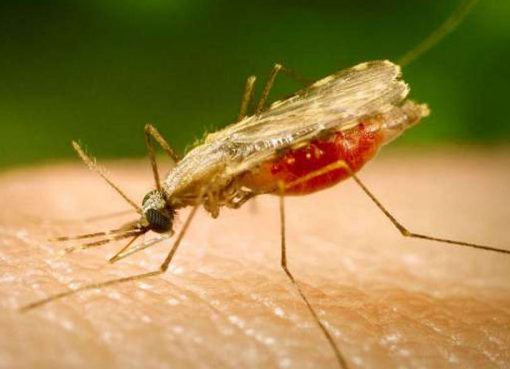Kenya joined the rest of the world in commemorating the 2025 World Malaria Day with renewed calls towards ending the scourge of the disease once and for all.
World Malaria Day is an international observance commemorated every year on 25 April and recognizes global efforts to control malaria. Globally, 3.3 billion people in 106 countries are at risk of malaria.
The national commemorative event was held at the Kwale Baraza Park and attended by Dr. Joseph Lenai, the Director of Preventive and Promotive Health Services at the Ministry of Health.
It brought together hundreds of local residents, county and national government officials, community health volunteers, and other stakeholders in a show of solidarity and renewed determination to eliminate malaria.
The health event was held under the theme “Malaria Ends With Us: Reinvest, Reimagine, Reignite. Let’s renew our commitment to a malaria-free Kenya.”
The commemoration affords the opportunity to bring to the fore the devastating effect of malaria on families, communities and the economy.
Dr. Lenai renewed the call to end malaria through innovation and community action, noting that malaria, a life-threatening disease caused by parasites transmitted to people through the bites of infected female Anopheles mosquitoes, is preventable and curable.
He said the Ministry of Health is closely working with partners in raising awareness and advocating for a malaria-free world.
Dr. Lenai called on the county governments and other stakeholders to step up the fight against malaria, a preventable and treatable disease that continues to claim lives each year.
The medic said malaria remains a top cause of illness and death in the country, especially for pregnant women and children under five years of age but ‘together we can eliminate it.’
Dr. Lenai says with renewed commitments, continued collaborations with development partners and high investment towards malaria prevention, control and treatment, the country stands to beat malaria.
He said malaria still hits children hardest in high-burden areas such as Busia, Tana River, Kakamega, Bungoma, Kilifi, Kwale, Kisumu, Trans Nzoia, Elgeyo Marakwet and Nandi counties, in effect putting families at risk of disease and straining local health systems.
“Together we can develop and sustain a coordinated response to eliminate malaria and help communities to thrive,” he said, adding that increased malaria prevention and control measures are reducing the malaria burden in many places.
Dr. Lenai highlighted the national government’s strategic shift towards prevention, early diagnosis, and stronger community engagement against malaria.
“Malaria is preventable and treatable, yet it remains a leading cause of illness and death in the country but we reaffirm our commitment to a malaria-free Kenya by investing in proven interventions, expanding community health outreaches, and ensuring access to essential medicines,” he said.
He said the national government is closely working with development partners to close the gap and reach every vulnerable household, especially in high-burden areas like Kwale.
The commemorative event was also marked by free malaria testing, alongside vibrant educational performances by local artists, designed to raise awareness on malaria prevention methods such as the use of insecticide-treated bed nets and seeking early treatment.
The coastal region, particularly Kwale, Kilifi, and Mombasa counties, continues to bear the highest malaria burden.
In Kwale, the disease remains the leading cause of under-five mortality and maternal morbidity, underscoring the urgency of sustained action.
Kwale Deputy Governor Chirema Kombo expressed optimism in Kwale’s progress in the health sector, particularly in combating malaria.
“Hosting this year’s national event is an honor for Kwale and a recognition of our efforts in fighting malaria. Through targeted interventions and community sensitisation, we have reduced transmission rates and saved lives,” he said.
Kombo also praised the national government’s continued support and urged for even greater collaboration among counties, the Ministry of Health, development partners, and local communities.
“Ending malaria requires consistent political will, adequate funding, and grassroots engagement. Together, we can win this fight,” he said.
In collaboration with the national government, Kombo revealed that Kwale aims to distribute mosquito nets in every village with the assistance of ward administrators, chiefs, assistants, and community health promoters to ensure every household receives insecticide-treated bed nets.
Kwale County Commissioner Stephen Orinde expressed the national government’s commitment to preventative healthcare and urged proper bed net usage to break the malaria transmission cycle.
Malaria is a potentially life-threatening disease but is curable if diagnosed and treated promptly.
Early symptoms include fever, chills, and headache, which can be difficult to recognize and severe malaria can lead to complications like seizures, coma, and death.
By Hussein Abdullahi





